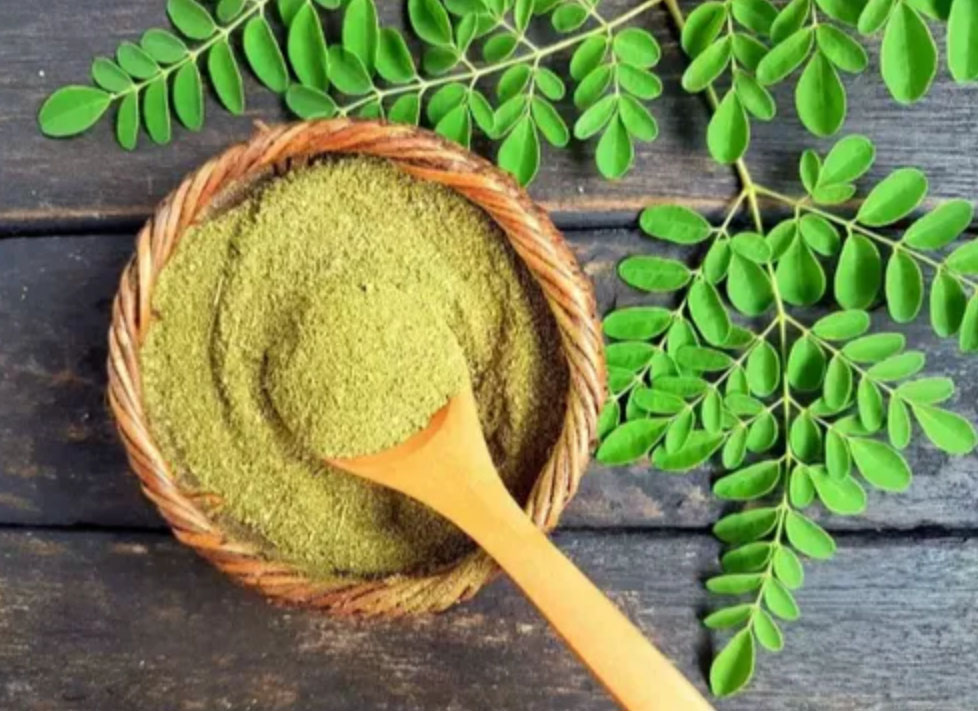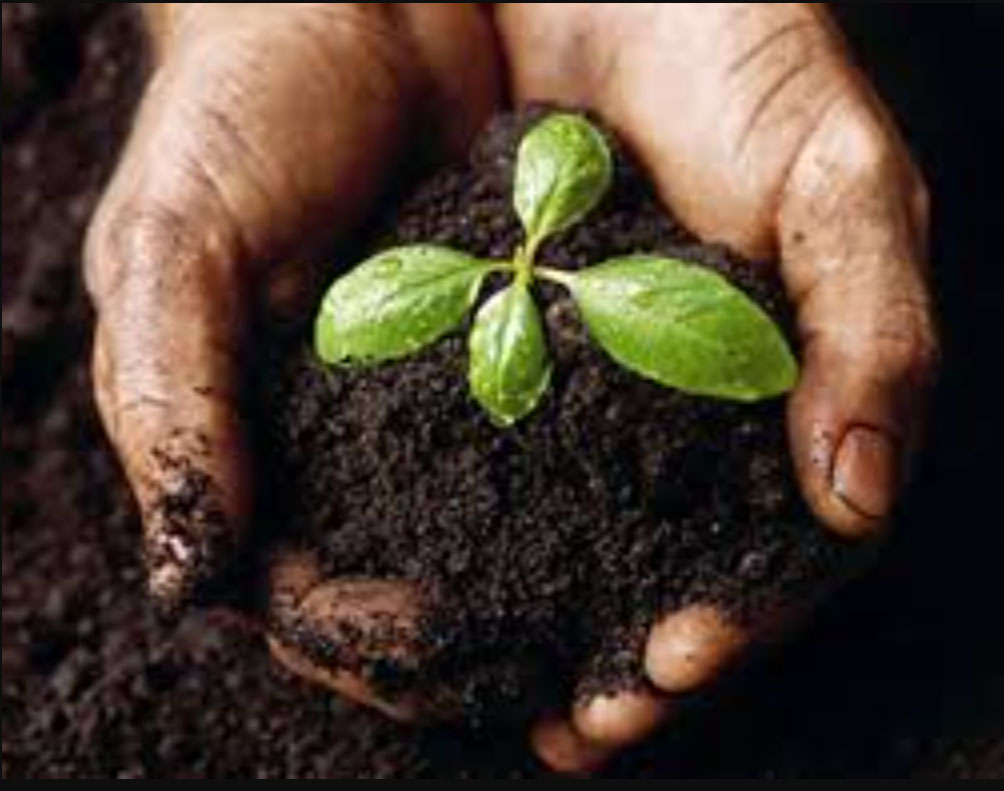.
Revitalizing Ancient Innovation in the 21st Century!
Welcome
About Us
GreenBird (Mauritius) Ltd
GreenBird (Mauritius) Ltd is a registered company established in the sub-tropical island of Mauritius.
Its office is based in Eben City and its business operations are conducted at La Vallée de Ferney in the south-east of Mauritius.

Our Vision:
Revitalizing interest in natural and sustainable resources to inspire hope for a Better Future.
Our Mission:
To bring natural products to help enrich the earth and its people through Education, Nature, Research, Innovation and Community.
OUR FIRST STEP
MORINGA (oleifera) LEAVES POWDER - 100% Organic
The modern superfood
Moringa, or mouroum in Mauritius, is rich in phenylalanine and tryptophan, amino acids that support brain function. It also has a high content of polyphenolics, including quercetin derivatives, excellent protection against neuro-oxidative stress.

Moringa
Moringa (Moringa oleifera), often referred to as the “Miracle Tree”, has been highly valued in Ayurveda for centuries due to its exceptional nutritional and medicinal properties. Every part of this tree (leaves, seeds, flowers, bark, and roots) is used to promote health and treat various ailments. Moringa is recognized in Ayurvedic texts as a potent herb that enhances overall well-being, and provides a natural remedy for a wide array of conditions.
GreenBird (Mauritius) Ltd is currently planting Moringa Plants in its first 3 hectares of beautiful farmland in la Vallée de Ferney, Mauritius adjacent to their conservation and nature park. Approximately 300,000 Moringa Plants will be planted intensively at its site at Ferney.
We are currently propagating thousands of Moringa Oleifera seeds. Experimenting with propagation techniques has considerably reduced germination times and resulted in an 83% germination rate.
Transplanting of seedlings has begun in early 2025 and first harvest of Moringa leaves to create pure leaf powder for export as bulk b2b sales will become perpetual and continuous by mid-2025, with harvesting from first seedlings possible within six months of planting. Because Moringa is very fast-growing and the trees will grow for up to 40 years without replanting, continual supply can be guaranteed and will increase over the coming decades.
High Demand Globally.
Moringa is experiencing high demand globally, driven by its perceived health benefits and increasing awareness among consumers. The global market for moringa products was valued at over $8 billion in 2023 and is projected to grow significantly in the coming years, with a compound annual growth rate (CAGR) of 8-10%. This growth is fueled by rising demand for natural and plant-based supplements, as well as its inclusion in functional foods and cosmetics.
Higher Nutritional Benefits.
Moringa leaves are the most commonly used part of the tree due to their rich nutritional profile. They are packed with vitamins A, C, E, and B-complex, along with minerals like calcium, potassium, iron, and magnesium. Moringa leaves are primarily used to boost immunity, improve digestion, and detoxify the body.
Higher level of Phenylalaline.
Our lab-test has shown that our Moringa has higher level of phenylalanine and tryptophan, amino acids that support brain function. Phenylalanine is an essential amino acid, meaning the human body cannot produce it, and it must be obtained through diet. It plays a crucial role in the production of proteins, neurotransmitters like dopamine, and the skin pigment melanin.
Bio-farming concept (100% Organic).
No chemical fertilizers or pesticides is used from seeds propagation in our nurseries to grow-out in our farming site, assuring fully organic production of Moringa leaves powder.
Reducing Carbon Footprint.
Processing of Moringa will be onsite, thus reducing our carbon footprint by lowering transportation requirements. Our farming and processing will take place less than a 10-mins drive from the international airport.
No Water Wastage.
Little watering is required once seedlings are established and Moringa’s natural resistance to pests means very little pest control is required. Moringa is a tree that, once established, can withstand severe drought conditions, surviving when nothing else will — and the more it is cut, the more it grows, making it a truly sustainable crop.
OUR NEXT STEP
BIOCHAR PRODUCTION
Biochar's primarily used to improve soil health, enhance carbon sequestration, and potentially mitigate climate change.

Biochar
Biochar is produced through a process called pyrolysis, which involves heating biomass (like wood, manure, or leaves) in an oxygen-deprived environment at high temperatures (typically 400-700°C). This process converts the biomass into a charcoal-like material called biochar, along with other byproducts like syngas and bio-oil, which can also be used as energy sources.
We are in discussion with another startup to produce simple Biochar on site at Ferney, to manufacture agricultural use Biochar from compost-charged Biochar.
Additionally, after much research, we have finalised our search for an experienced kiln manufacturer who can customise equipment that will process organic and plastic waste to make high-grade Biochar and Graphite. This will be sold locally but mostly exported internationally for agricultural and many other applications, including medical, water filtration, construction materials, and Li Ion battery production. Waste will be processed using these high-temperature pyrolysis kilns to produce the most porous Biochar to encourage growth of microorganisms in soil, to remove toxic chemicals, to purify water, and to create Graphite to replace mined Graphite for technical use. It will be a 24/7 year-round production cycle.
We are also exploring acquisition of more land for the planting of Biochar-enhancing species of Bamboo locally which will produce the highest quality Biochar.
To start up this operation, we will require investment partners and welcome our supporters to join that discussion.
High Demand Globally.
Biochar demand is experiencing significant growth, with projections estimating a market value of nearly $3.5 billion by 2025. This increase is fueled by the material's ability to sequester carbon and improve soil health, making it attractive for both environmental and agricultural applications. Corporate buyers like Microsoft are also investing heavily in biochar, further driving demand.
Improving Soil Health.
Biochar enhances soil structure, water retention, and nutrient availability, leading to healthier plants and potentially higher yields.
Carbon Sequestration in soil.
Biochar is a stable form of carbon, meaning it can sequester carbon in the soil for centuries, potentially mitigating climate change.
Durable Carbon Removal.
Biochar provides a long-term solution for removing carbon dioxide from the atmosphere, making it a valuable tool for companies seeking to offset their emissions.
Carbon Credits.
Biochar can be a cost-effective soil amendment, especially when considering its long-term benefits and potential for carbon credits. The carbon sequestration potential of biochar is increasingly recognized, leading to the development of carbon markets where biochar can generate credits for businesses.
Potential for Increased Yields.
Studies have shown that biochar can boost crop yields, particularly in nutrient-poor soils.
Meeting Sustainability Goals.
Companies are increasingly looking to biochar as a way to meet their sustainability goals and reduce their carbon footprint.
Waste Management.
Biochar production can utilize agricultural and forestry residues, offering a sustainable way to manage waste.
Other Applications of Biochar.
Water Filtration:
Biochar can be used to filter water, removing pollutants and improving water quality.
Animal Feed:
Some research suggests biochar can be added to animal feed, potentially improving animal health and reducing methane emissions.
Construction Materials:
Biochar can be used as a component in various construction materials, adding strength and durability.
